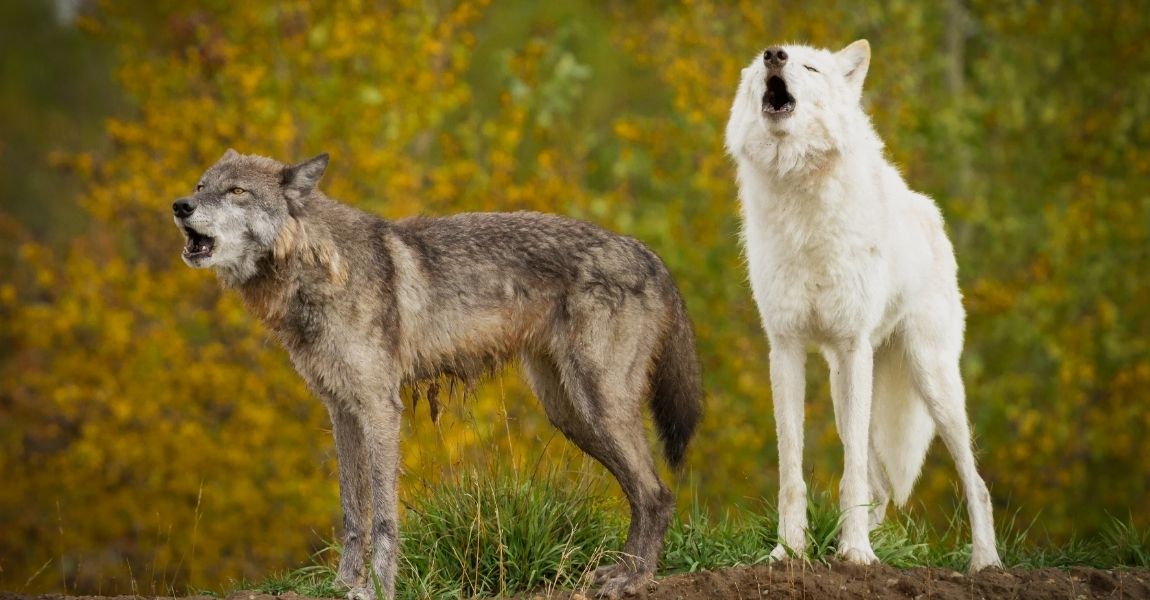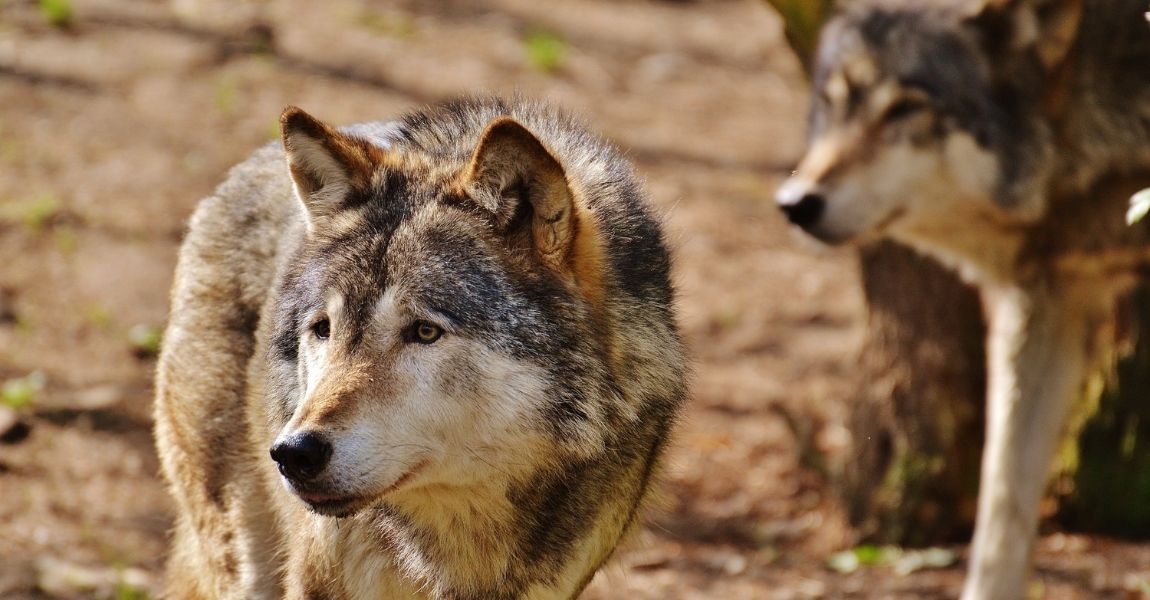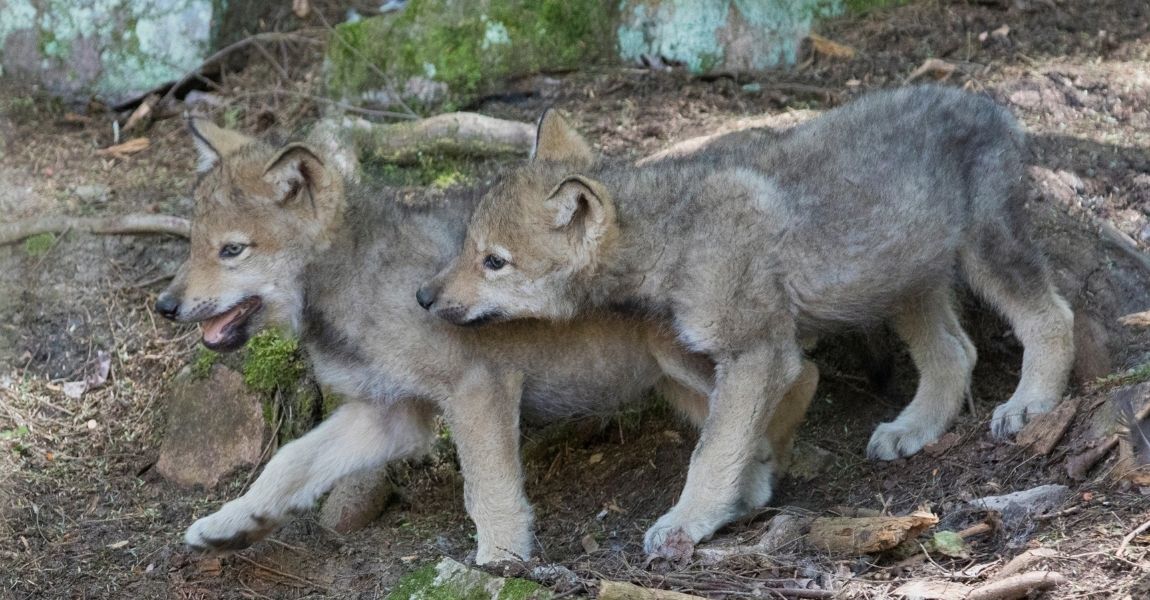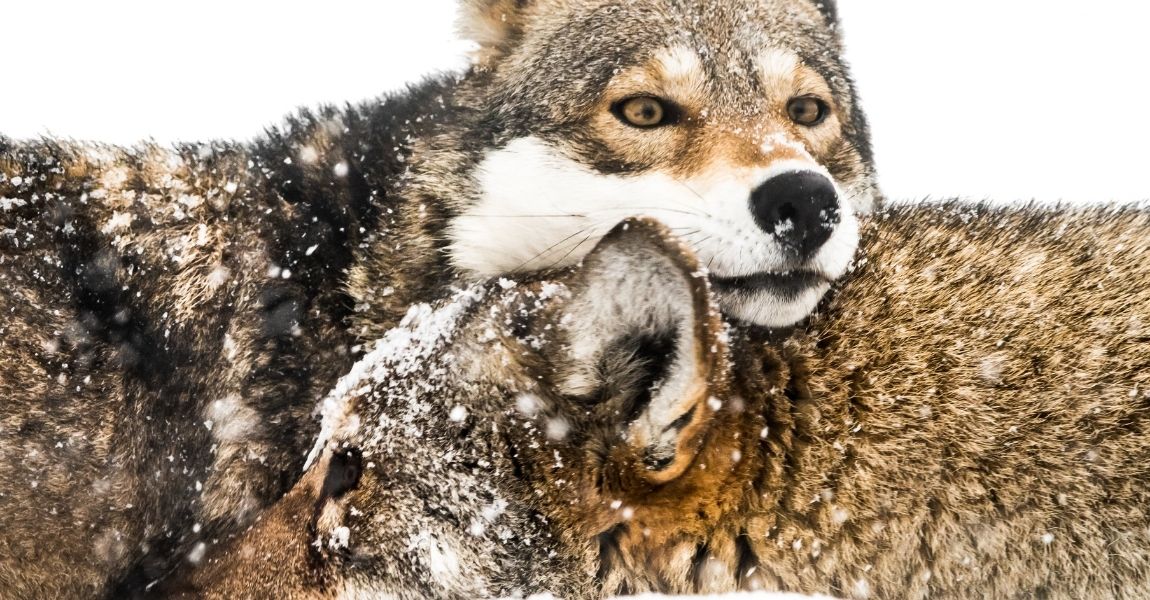Understanding Wolf and Hybrid Wolf-Dog Ownership
Owning a wolf or wolf-dog hybrid is a unique experience that requires understanding and responsible care. But what exactly is a hybrid?
A wolf-dog hybrid, or simply a hybrid, refers to the offspring resulting from the mating between a wolf and a domestic dog. While some use the terms wolf-dog hybrid and wolfdog interchangeably, there's a crucial difference. Wolfdogs may not always be hybrids; the term is often used for domestic dogs with recent wolf ancestry.
Dogs (Canis lupus familiaris) and wolves ( Canis lupus) share an evolutionary history, leading to similar physical and behavioral traits. They can interbreed and produce viable offspring, although natural hybridization is rare due to wolves' territorial nature.
Wolves are wild animals shaped by evolutionary pressures, while domestication has altered dogs' behavior and physiology over centuries. This difference is crucial in understanding their needs and behavior.
Physical and Mental Development
Wolves and dogs mature at different rates, affecting their behavior and development. Wolves reach sexual maturity between 1 to 4 years, leading to hormonal shifts and changes in pack dynamics. In captivity, this may result in challenging behavior towards humans.
Domestic dogs mature earlier, but they can still exhibit challenging behavior. Hybrids inherit varying maturation rates and behavioral traits from both wolves and dogs, making their development unpredictable.

Hybrids as Pets
The question of whether hybrids make good pets is often debated. Hybrids possess a genetic mix of domesticated dog traits and wild wolf instincts, requiring careful attention and understanding from owners.
Myths and Realities
Several myths surround wolf hybrids, such as their suitability as guard dogs or their lifespan compared to dogs. However, the reality is that hybrids' behavior can be unpredictable, influenced by both their wolf and dog ancestry.
Legal Aspects
Laws regarding hybrid ownership vary from province to province. Understanding and complying with legal requirements and applicable animal laws is essential for responsible ownership.
In conclusion, owning a wolf or hybrid wolf-dog requires deep understanding, responsible care, and adherence to legal regulations. Proper education and preparation can ensure a harmonious relationship between humans and these fascinating animals.





